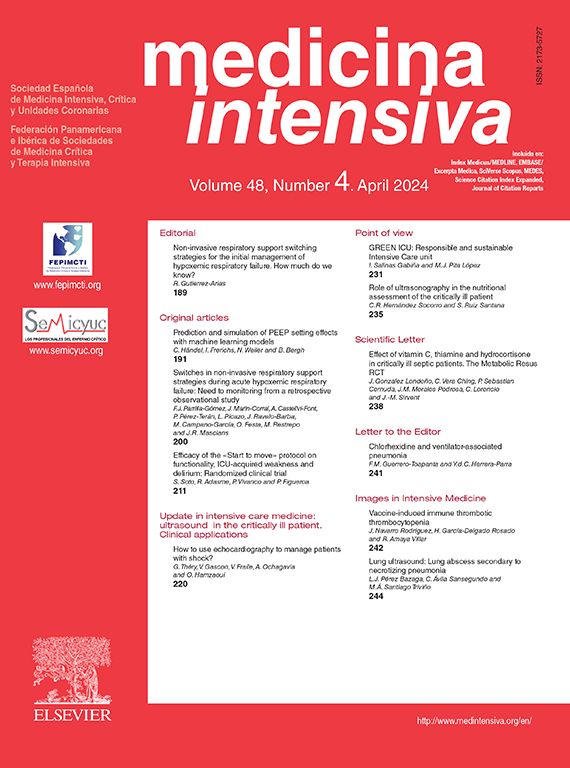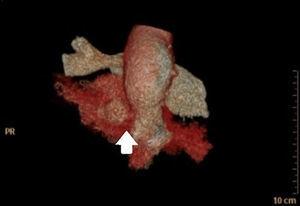Improving patient safety in healthcare is a challenging task, and, as it happens in love and war, we can use whatever tools we have available. Ideally, validated processes and tools will play a primary role in this endeavor; however, checklists and memory shortcuts like mnemonics have been widely used in clinical medicine since ancient times.1 Mnemonics even have a "playful-educational" connotation that makes the work of residents or on-duty physicians more manageable. From "FAST-HUG" for a quick checklist regarding patient care2 to mnemonics like "A MUD PILE CAT" or "HARD UP," these tools have helped us avoid overlooking relevant aspects of healthcare and differential diagnosis at the ICU setting.
Ventilator-associated pneumonia (VAP) is a prevalent problem with a serious connotation that needs no introduction. The definition of VAP established by the American Thoracic Society and the Infectious Diseases Society of America (ATS/IDSA) is one of the most widely used ones and has remained unchanged over the years. Although it is accepted that there is no gold standard for diagnosis, the presence of new pulmonary infiltrates with clinical evidence of an infectious origin including fever, purulent sputum, leukocytosis, and/or worsening oxygenation are still valid criteria of the clinical practice guidelines proposed by this panel.3
I would like to suggest the mnemonic "ES INFIEL" (which is Spanish for "is unfaithful") for Spanish-speaking regions, which has been used in our unit by residents and nurses during rounds over the past few years. It is a simple and concise tool that includes the ATS/IDSA criteria, which we pose as questions and often catch participants off guard. "ES" stands for sputum (change in characteristics and/or quantity of expectoration), "IN" for infiltrate (new or progressive opacity on the thoracic x-ray, which is the starting point criterion), "FI" for fever or hypothermia, and "EL" for elevated leukocyte levels or leukopenia with the addition of increased fraction of inspired oxygen or positive end-expiratory pressure in mechanical ventilation. While this mnemonic does not confirm or rule out the presence of VAP per se, its purpose is to prompt discussion during rounds, avoid delays when recognizing these clinical manifestations, consider if changes in antibiotic prescription are necessary or further investigate by requesting additional analyses including cultures of bronchial secretions.
Whether the mnemonic "ES INFIEL" increases our sense of control over the healthcare process at the ICU or simply makes teamwork more enjoyable,1 may God protect our patients from such an accusation!
Conflicts of interestNone reported.
FundingNone whatsoever.




